Trostianets, a town in the Sumy region just 5 kilometers from the Russian border, was occupied from the outset of the full-scale war. Despite the challenges, Pavlo Zlenko, the editor of “Tyzhden” newspaper, and his team remained dedicated. They provided crucial information on their website and social media. Once the town was liberated, international support helped them swiftly resume printing “Tyzhden.”
— Enemy columns of military equipment passed through our territory on two routes. By noon, the first tanks were already in Trostianets. Unlike other towns occupied by the enemy, our city was seized on the very first day. The enemy did not face resistance, as was the case in Okhtyrka and Sumy, where territorial defense immediately engaged in battle. We quickly found ourselves under occupation, with administrative buildings, the police, and the city council being taken over, — the journalist recalls.
The editorial team suspected the occupiers might target the newspaper to suppress truthful information. Consequently, they quickly evacuated their equipment from the office.
— We decided that it’s safer to work from home. About two days after the occupation began, we came to our senses and started sharing information on Facebook. People would call us and tell us about events they knew of. For example, they reported street shelling resulting in casualties or the shooting of a man traveling to Sumy for work. There were also provocative calls, suggesting that they had information, but all details would be discussed in person. We didn’t fall for that because there were cases where an enemy patrol awaited at the meeting point. People were kidnapped and taken hostage, and unfortunately, the fate of some of them is still unknown, — the journalist recounts.
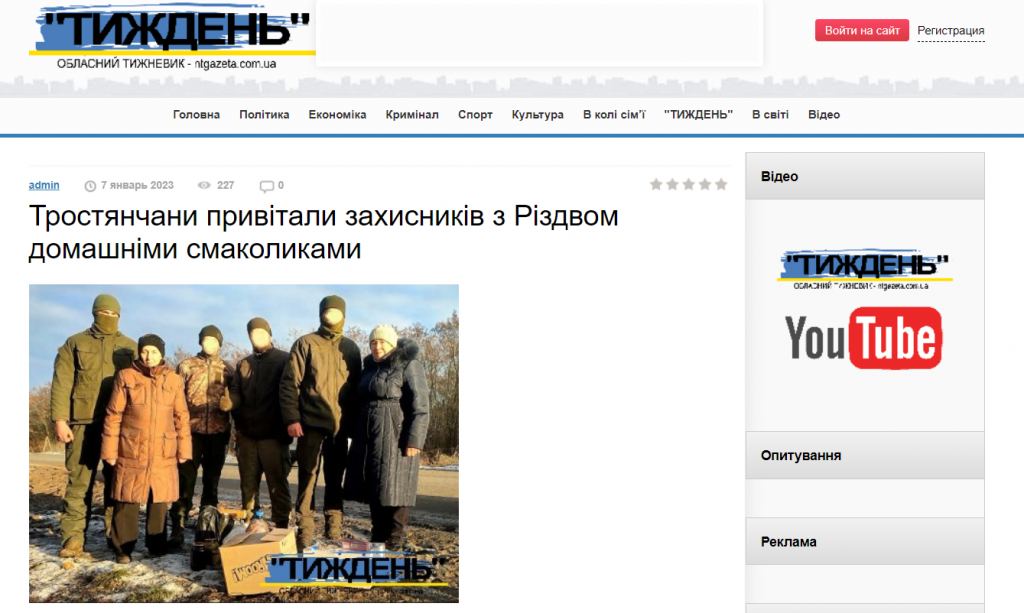
At the beginning of March, the number of occupiers in the city increased, and incidents of military lawlessness towards local residents became more frequent. They would confiscate equipment from apartments and sometimes even evict the owners.
— There were both ‘DPR’ [Donetsk People’s Republic] and ‘LPR’ [Luhansk People’s Republic] and the ‘Kantemirov Tank Division,’ [It is a well-equipped armored division with a history dating back to the Soviet era. During the war in Ukraine, it has been involved in operations in the eastern regions, particularly in support of pro-Russian separatist forces] and ‘Kadyrovtsy,’ [This term refers to forces loyal to Ramzan Kadyrov, the head of the Chechen Republic in Russia. It is a pro-Russian separatist group] meaning the rotation was constant. People strongly felt these changes. Arrests became more frequent under the ‘Kadyrovtsy,’ and then the Russian forces arrived, started evicting people from their homes, and left behind terrible chaos, — he continues.
On March 26, Trostianets was liberated by the “Kholodny Yar” forces. According to estimates, during a month of occupation, nearly 1500 objects in the city were destroyed. Out of 226 trade establishments suitable for quick restoration, only 20 remained. Over fifty people were ruthlessly killed by the occupiers.
— One woman was killed right on the street. People came for bread, and at that moment, an enemy patrol passed by, throwing a grenade into the crowd just for amusement. Near one of the industrial facilities, three people, including a 14-year-old boy, were killed by a mine explosion. In another incident, a boy was riding his bicycle by the road, and a tank passing by knocked him down, after which the inhumane individuals shot the wounded boy, — Pavlo Zlenko continues.
Pavlo believes that a prolonged occupation could have led to more casualties. Luckily, Trostianets was liberated quickly, and demining efforts began. On May 6, the “Tyzhden” editorial team released their first printed edition since the invasion began.
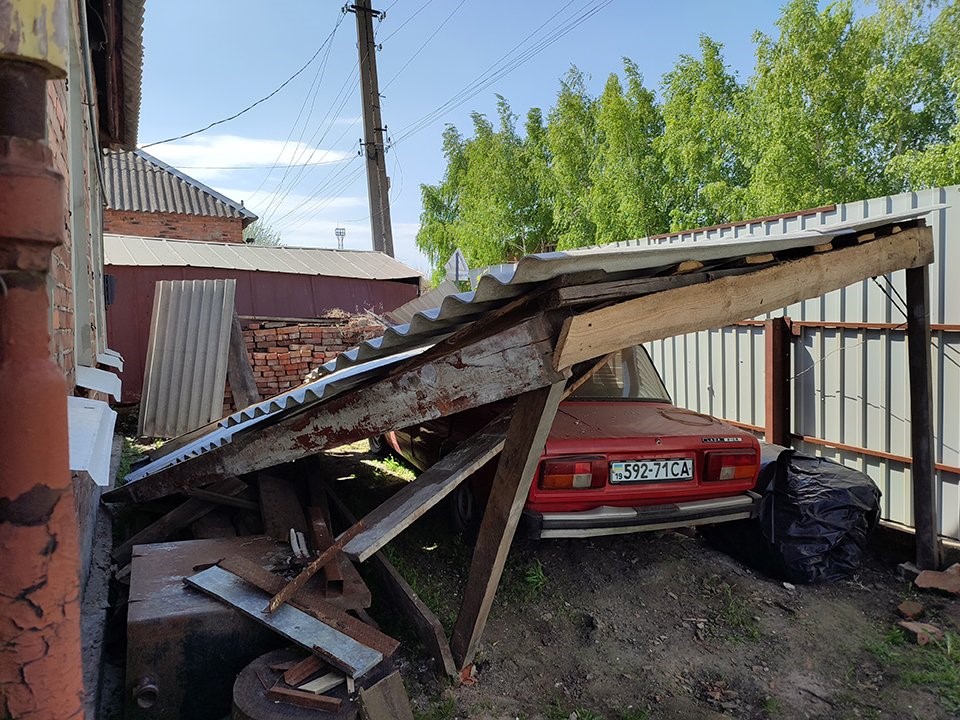
— We felt that we needed to provide people with information, especially since there were many real heroes whose stories needed to be told. We had brave individuals who conducted night-time combat raids and destroyed enemy equipment. They made ‘Molotov cocktails’ at home and then hunted down the Russian occupiers. In one of these operations, the well-known athlete Serhii Pronevich and farmer Oleksandr Kulbaba lost their lives. Victoriya Ivanova also heroically died; in peacetime, she grew flowers. She collected and provided information about the enemy’s positions and movements to Ukrainian intelligence, and for this, the occupiers executed her, — Mr. Zlenko recounts the war crimes of the Russian occupiers.
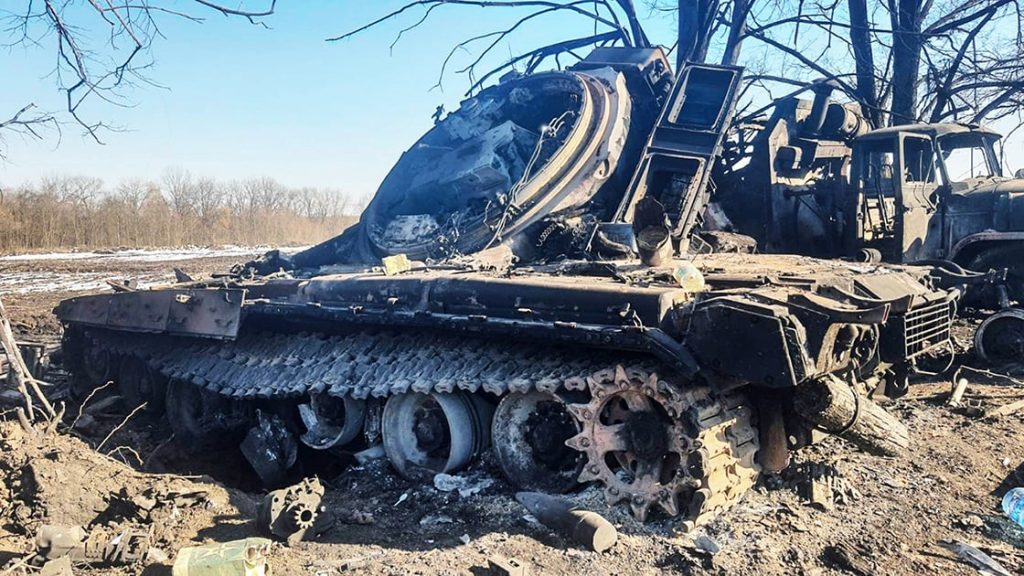
Thanks to the National Union of Journalists of Ukraine, funds were raised to cover expenses. Journalists now work in Trostianets, though they print in Vinnytsia. They have the essential equipment, including power banks, first-aid kits, and protective gear, and have adjusted to power outages.
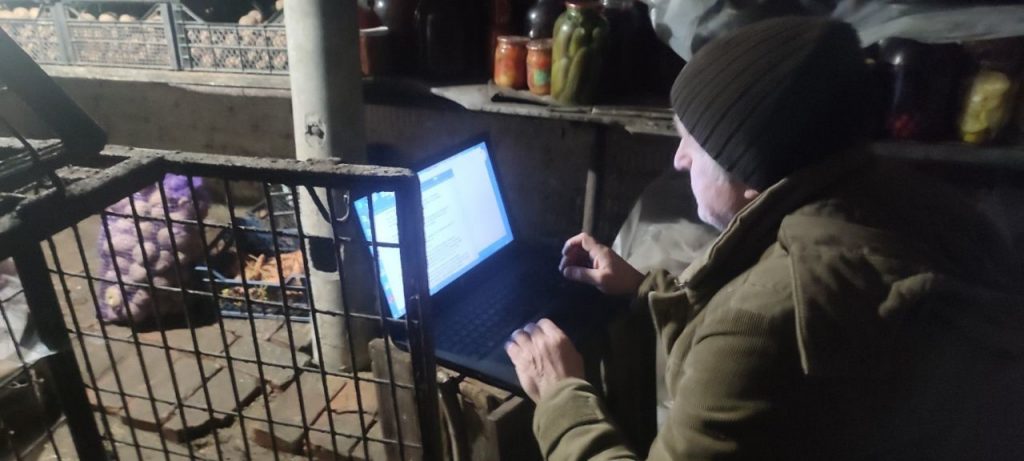
— There are cases when we have to work for two to three hours during the day, and the rest of the time is at night. When the power goes off at 9 PM and comes back at 10 PM, we switch to a nighttime routine to prepare the newspaper. Of course, the volume has decreased, and the circulation as well. If we used to have around 1500 subscribers before the war, now we have 800. Nevertheless, we are very happy that we have the opportunity to counter Russian propaganda, and the printed word continues to live, — the journalist concludes.
This series, titled Executed Free Speech, is created as part of a project Drawing Ukrainian And International Audience’s Attention To Serious Violations Of Human Rights And Crimes Against Journalists And Mass Media By The Russian Federation, which is performed by the National Union of Journalists of Ukraine, with support from the Swedish non-profit organization Civil Rights Defenders.
JOURNALISTS ARE IMPORTANT. Stories of Life and Work in Conditions of War is a cycle of materials prepared by the team of the NUJU with the support of the Swedish human rights organization Civil Rights Defenders.
#CRD

 THE NATIONAL UNION OF
JOURNALISTS OF UKRAINE
THE NATIONAL UNION OF
JOURNALISTS OF UKRAINE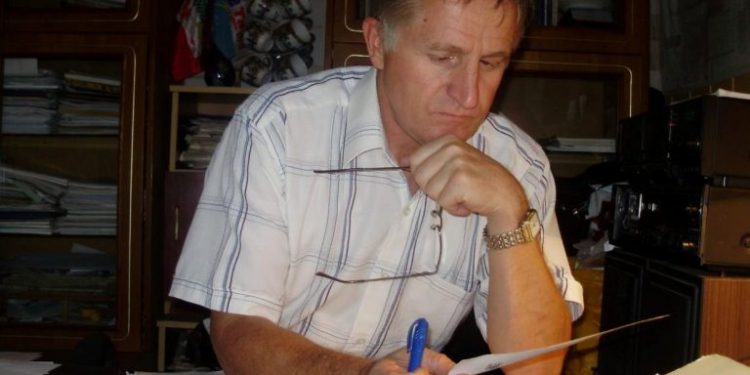
















Discussion about this post